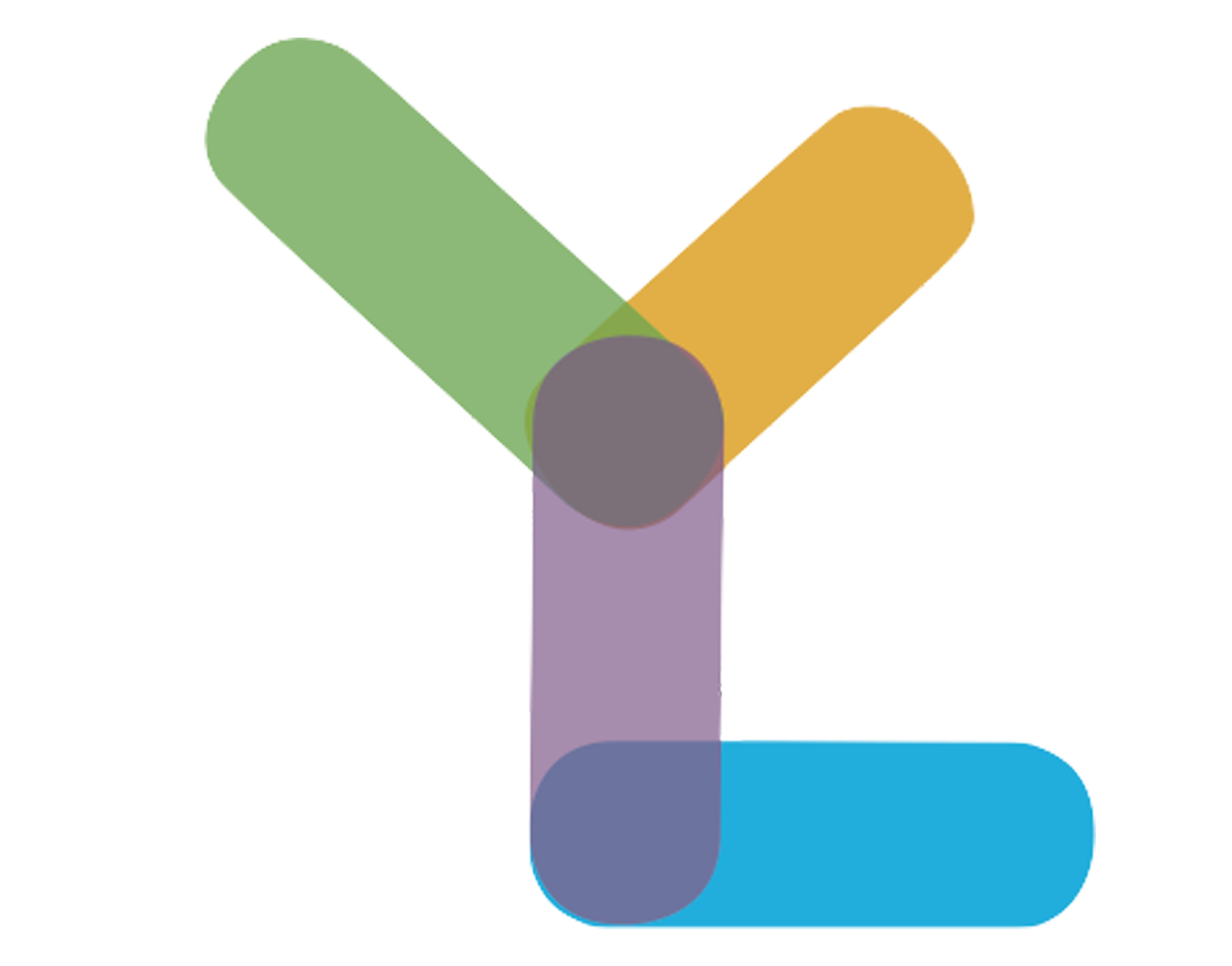YCL Staff Reflections: Equity-Centred Community Design
This week, our reflection is delivered using the combined efforts and reflections of multiple YCL team members.
What is Equity-Centred Community Design?
Equity-Centred Community Design (ECCD) is a creative problem solving method (coined by Creative Reaction Lab) that focuses on the differences between individuals and makes sure each person/group is given the resources and opportunities they have identified to support their success. In summary, it takes the idea of equity (everyone needs different things based on their different needs to succeed) and applies it to problem solving and design.
Why Equity-Centred Community Design?
We want to make our team feel more comfortable as designers and problem-solvers, no matter what our roles may be. Two roadblocks we found in the way of reaching this goal are the fears and negative beliefs that we carry over from our relationships, whether personally or from other workplaces. Many of these fears and beliefs boil down to two root causes: white supremacy culture (the ways people and society have been shaped by the belief that white people are superior) and trauma-exposure responses (the ways we respond to doing work where we’re exposed to the suffering of other people, living beings and the planet).
ECCD for YCL: Tackling White Supremacy Culture & Trauma-Exposure Responses
Rather than trying to tackle this alone, we brought in design coach Mathura Mahendren, who led members of the YCL team through a two-session workshop exploring how ECCD work interacts with white supremacy culture and trauma-exposure responses.
Before each session, members of the YCL team were asked to reflect on their personal experiences with these root causes. One team member shared that “this exercise really unearthed some inner conflicting emotions and thoughts around the ways that certain norms of white supremacy culture inform and influence the way I have been learning in professional, academic, social and home settings.”
While the sessions had us reflect individually, they also helped us relate to each other and our common experiences. When discussing how we can work together against norms of white supremacy culture, multiple members of the YCL team shared common feelings of being “stuck”, or unable to create lasting change. As one YCL team member explained, “We talked about external constraints, which can make it hard to feel like we're actually identifying and addressing these characteristics in a systemic and meaningful way…”
“I don't want us to get stuck in a loop of reacting to a culture of white supremacy through characteristics that exhibit white supremacy.”
Through the workshops we realized that what makes these outside forces easier to tackle is talking through the challenges they present together. One YCL team member wrote that they “did not expect to relate so much to the experiences shared by other participants who also attended the training…[during the break-out sessions] my partner and I connected on how the Canadian education system plays an immense role in cementing and upholding many of the norms we personally experienced. I felt very validated and supported in exchanging our frustrations.” As another YCL team member put it,
“I am not alone and others are struggling with the same things in their own way. There is power in us reflecting with each other and supporting each other.”
Coming away from the session, the YCL team recognized that “it’s important to acknowledge the value given to these characteristics and [the importance of challenging] these characteristics that are so ingrained in day-to-day life…this exercise has helped get the process started and specifically helped in providing me with the vocabulary I need to communicate this with others and myself.” When thinking about how to take these lessons forward, one YCL team member shared that they were “thinking about the way this culture is designed to harm our movements, reflections on non-profit culture - with urgency to meet deliverables, we are unable to deepen our connections & knowledge like we would like to. How do we now instigate sustainable, transformative change while functioning within the very system we are attempting to redress and disrupt?”
This question doesn’t have an easy answer, or a satisfying summary, but asking questions like this is the first step. Thanks to Mathura, we now have the tools to continue discussing these questions and unpacking the harmful norms holding us back from an equitable work culture.
To check out the resources we’d learned from, we invite you to check out:
Tema Okun’s resource, first published in 1999, is revisited here, outlining the characteristics of white supremacy culture.
Trauma Stewardship by Laura Van Dernoot Lipsky and Connie Burk, outlining trauma-exposure responses. To begin your own learning on trauma-exposure responses, visit the graphic here.
About Mathura
As the Program Manager of The Stories of Us program at the Department of Imaginary Affairs, Mathura Mahendren has co-designed, tested, and trained settlement service providers on several curricula and toolkits that engage newcomers to Turtle Island in storytelling that honours their intersectional identities. Mathura is also engaged in developing and facilitating a course at McMaster University that guides students through critically examining their personal lineage (who/what/where they are from), their power and privilege, their relationship to community, and the intersections between them. As a design consultant, Mathura listens for unmet needs, discerns how social and historical conditions influence how these needs present, and then facilitates a holistic process that integrates mind, body, emotion, and spirit.



